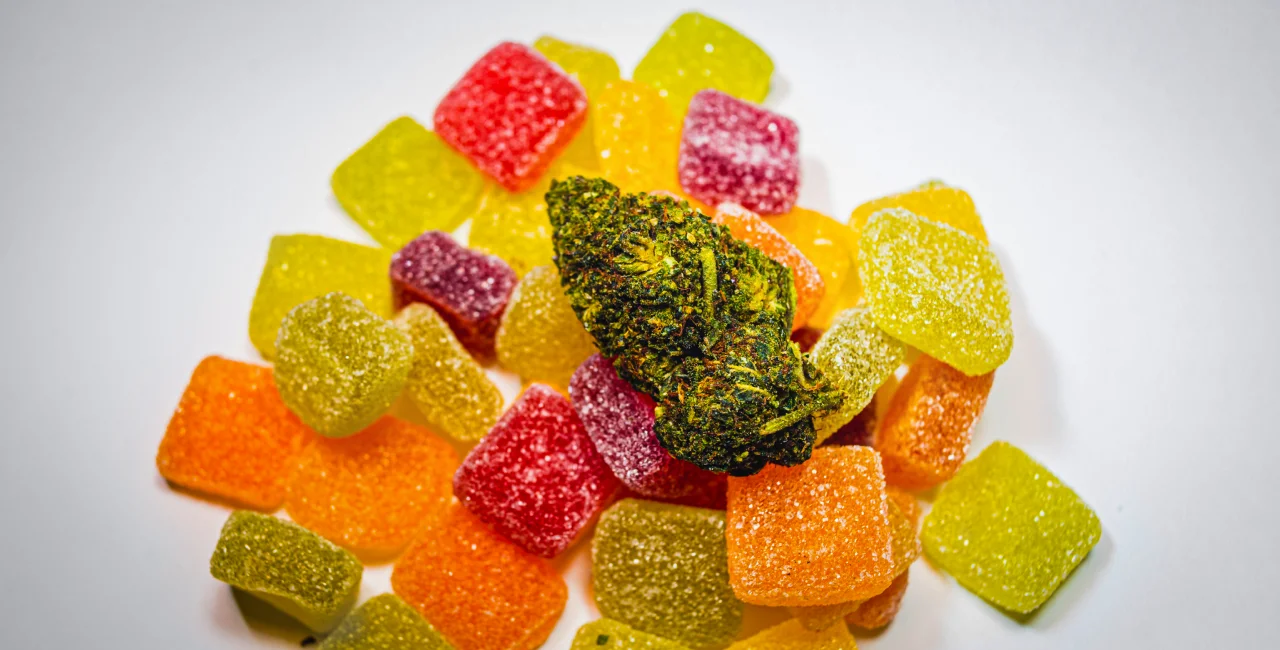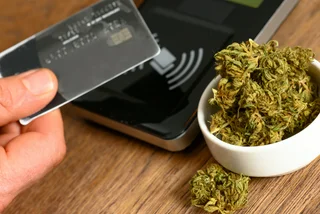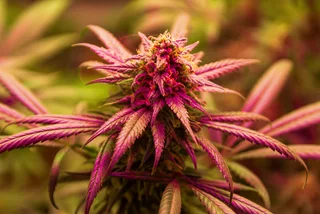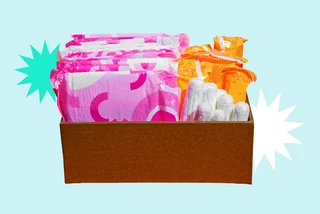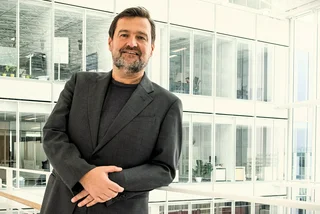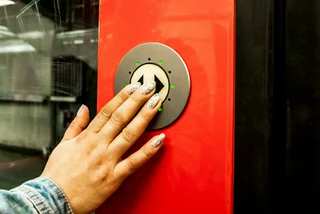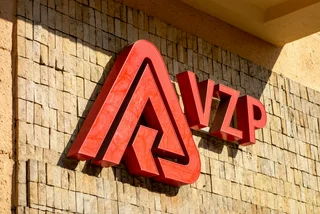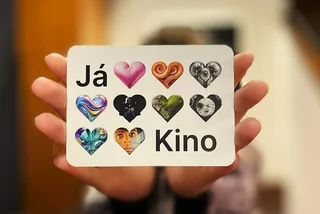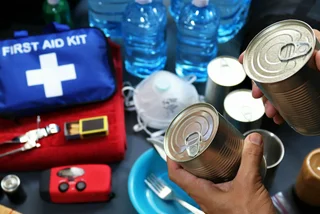Several elementary school students from Karlovy Vary recently fell ill after overdosing on jelly candy that contained hexahydrocannabinol (HHC), a substance derived from cannabis.
The incident is part of an increasing trend of young people overdosing on legally sold sweets in Czechia.
The Karlovy Vary Regional Hospital says that, in 2024 alone, it has recorded five cases of children or adolescents and “countless cases of adults” overdosing on the drug.
The widespread availability of HHC has raised questions about whether the substance should be more strictly regulated. Here’s everything you need to know about HHC in Czechia.
What is HHC?
HHC is a cannabinoid found in cannabis. Although similar to tetrahydrocannabinol (THC), it is generally a milder substance that has more moderate psychoactive effects compared to THC.
On the other hand, HHC is stronger than cannabidiol (CBD) and can get users “high,” unlike CBD. HHC can be smoked, drank (by mixing drops in a liquid), vaped, and also ingested.
Overdose symptoms – or even some side effects – include feelings of intoxication, dizziness, anxiety, rapid heartbeat, insomnia, concussion, low blood pressure, hallucinations, and more.
Is HHC legal in Czechia?
Czechia does not prohibit the use or sale of HHC. Street vending machines also sell the drug. Their sale is unrestricted, and their quality is not verified, as noted by national anti-drug coordinator Jindřich Vobořil in the Czech media outlet Echo24.
Proof of legal age is not required when purchasing the drug.
Due to the relative novelty of HHC products, which have been on the Czech market for less than two years, Czech legislation has not yet caught up with setting up appropriate laws to control HHC use and sales.
Is it at least regulated?
No. “There is no possibility of a food or trade inspection to check whether there are any additives in HHC harmful to health… at the moment, no one can check if there is any cancer-causing additive or chemical,” said Vobořil last year.
Gray zones allow sellers and vendors to sell the substance without governmental or administrative scrutiny. “From a formal point of view, HHC in any form is neither a food, nor a nutritional supplement, nor a product intended for smoking,” head of the Czech National Monitoring Center for Drugs and Addictions Pavla Chomynová told iDnes in 2023.
How available is it?
Very much so. Aside from being sold in hundreds of street vending machines nationwide, convenience stores, e-shops, and cannabis stores also offer the substance.
Prices are generally affordable, ranging between CZK 200 and CZK 600, depending on the product type.
Is the government doing anything?
The state is aware of HHC’s concerning availability and increasing usage rates. In mid-2023, Czech Minister of Health Vlastimil Válek threatened to ban the sale of HHC outright if Vobořil’s team did not soon submit a proposal for an urgent change to the law on addictive substances by the end of the month.
In July, the government opted not to include HHC on the country’s list of banned substances; sales freely continued.
Vobořil has said that he plans to create a new list of so-called psychomodulating substances that would include HHC. This would not prohibit their sales but would restrict and regulate them.
This change would ban the sale of HHC to children under 18 years old and ensure proper production and quality control to ensure HHC is safe to consume. It would also likely ban the selling of HHC in street vending machines.
Is a ban, or regulation, definite?
Despite recognizing the problem, the government’s regulation of HHC is only in its discussion and planning phases. Any new regulation must go through the Chamber of Deputies and Senate, which may take months.
The incident in Karlovy Vary has brought the problem of HHC and its unregulated sale – posing significant danger to children – to the forefront of Czech media attention. This may cause the government to take swifter and more decisive action.












 Reading time: 3 minutes
Reading time: 3 minutes 